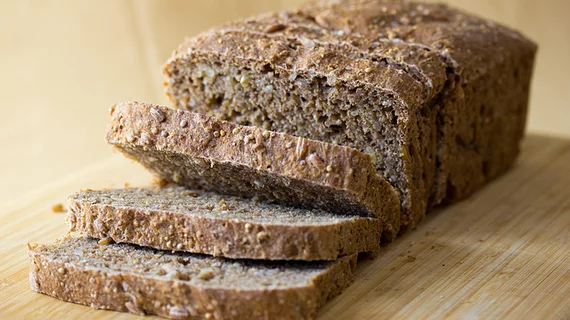Expert urges radiology to follow bread business, adopt ‘artisanal’ approach to imaging
Given today’s corporatization of the specialty, many young radiologists entering private practice may be moving into a mass-production model, focused on generating reports quickly and at a low cost. However, one expert in the field urges physicians to take a different approach, using clues from the bread business.
Indiana University School of Medicine’s Richard Gunderman MD, PhD, instead wants his peers to explore delivering “artisanal radiology.” In making his argument, the imaging and pediatrics professor noted that bread sales have plummeted in recent years as Americans have turned away from mass-produced products.
Hand-crafted, small-batch loaves, however, have flown off the shelves at a faster clip, Gunderman wrote in a perspective piece published Wednesday in Academic Radiology. The same goes for craft beer and the editorialist believes this same appetite for locally sourced products with high-quality elements could translate into imaging.
“Many people prefer to use and consume products that were made by fellow human beings who know what they are doing. The same could be said of the personal nature of radiology,” wrote Gunderman, who in addition to teaching also practices at IU-affiliated Riley Children’s Health. “When referring health professionals walk into a reading room, they may not seek out the radiologist who grinds out the most units of work per unit time but the one whose work most reflects craftsmanship—a commitment to quality, attention to detail, and tailoring the work to the needs of each case.”
One way imaging physicians may foster this relationship is by making the reading room more inviting, Gunderman wrote, making collaboration and consultation “not only tolerated but positively encouraged.” While Amazon may buck this trend of old-school, in-person service excellence, the writer believes the overall consumer market is trending in this direction, and imaging might as well come aboard.
“Just as more and more people are eschewing rectangular slices of bland white bread and squares of processed cheese food, so referring health professionals who care about nothing more than the welfare of their patients may eschew mass-produced radiology in favor of an artisanal model that provides the assurance that known and respected colleagues have done their best for each patient,” Gunderman concluded. “Radiologists should take heed.”
Read more of his perspective piece below:

